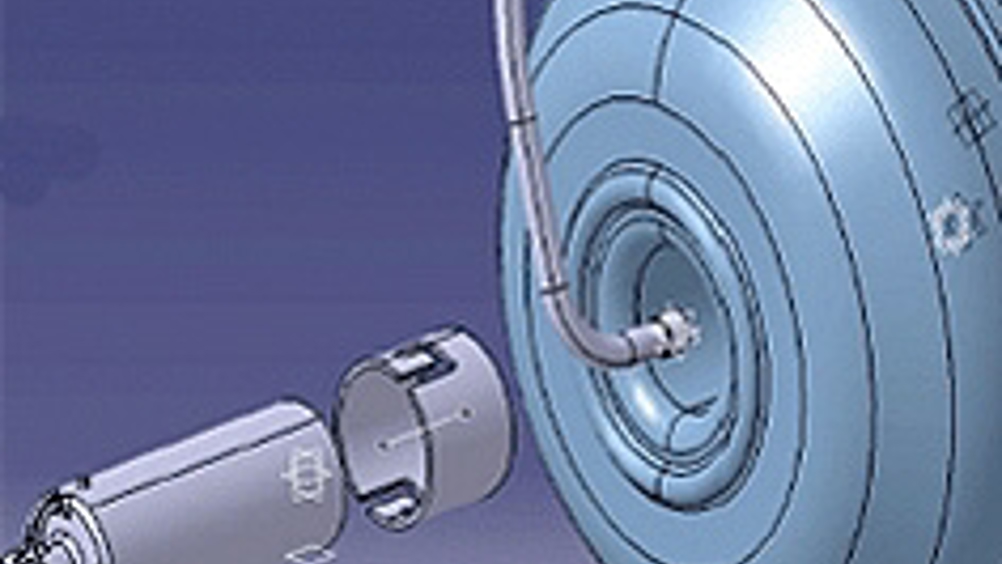Researchers seek to enhance disaster-relief operations
Researchers at Sheffield Hallam University are investigating a range of simple engineering solutions that could be used to improve disaster-relief operations.

The project involves adapting existing technologies for disaster environments, as well as devising entirely new products and co-ordinating their overall delivery.
Project leaders Dr Abdul Hoque and Dr David Asquith from the Department of Engineering and Mathematics said the idea was borne out of shortcomings noted in disaster-response efforts in recent years.
‘International organisations and NGOs [non-government organisations] are able to offer some relief but there is always requirement for thoughtful, well-engineered solutions that address the needs of the people affected,’ said Hoque.
The research team comprises groups of graduate students who will identify niches and specific problem areas, then attempt to come up with solutions based on the obvious constraints of disaster environments.
‘We’ve identified things such as lifting bags for damaged buildings that fire services often use, but then trying to get them to work without needing any power so you don’t need to fly in generators and diesel,’ Asquith told The Engineer.
Register now to continue reading
Thanks for visiting The Engineer. You’ve now reached your monthly limit of news stories. Register for free to unlock unlimited access to all of our news coverage, as well as premium content including opinion, in-depth features and special reports.
Benefits of registering
-
In-depth insights and coverage of key emerging trends
-
Unrestricted access to special reports throughout the year
-
Daily technology news delivered straight to your inbox










Simulations show Optimal Design for Bladeless Wind Turbines
"an 80cm mast" Really? I'm short but that's only half my height! Do they mean 800cm?